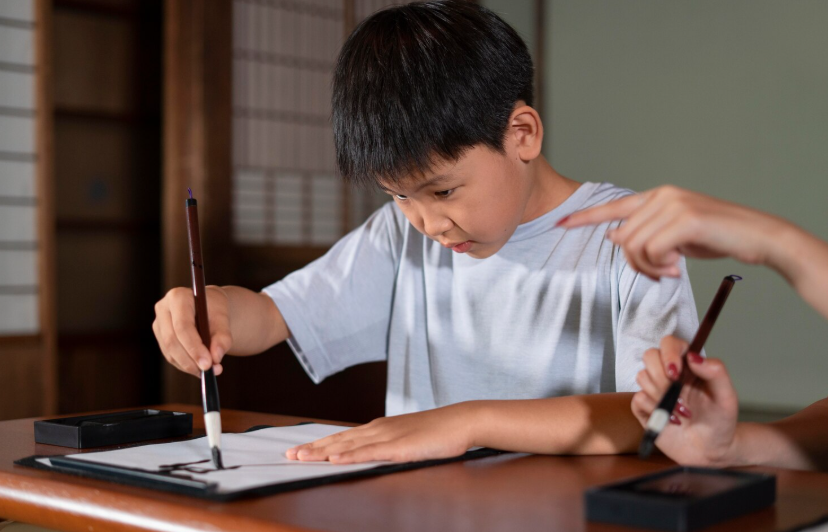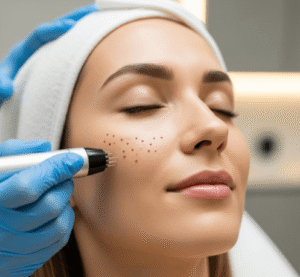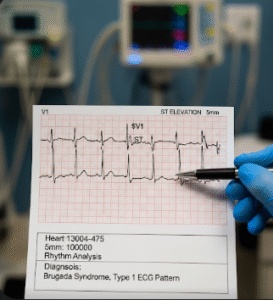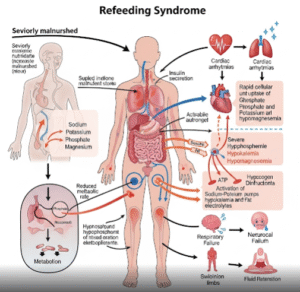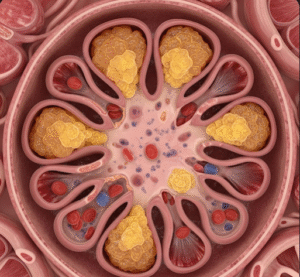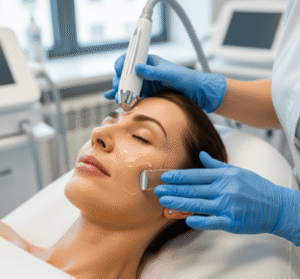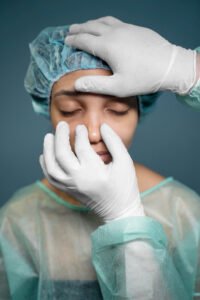Overview
Developmental delay refers to slower-than-expected development in children in areas such as motor skills, speech, cognition, or social interactions. In Korea, awareness and early intervention programs have improved outcomes, with specialized pediatric and rehabilitation centers providing assessment, therapy, and parental guidance.
What is Developmental Delay?
Developmental delay is a broad term for when a child does not reach developmental milestones at the expected age. It may affect one or multiple domains of development, including motor, language, cognitive, or social-emotional skills. Early diagnosis is critical to provide timely intervention.
Symptoms
- Delayed speech or language skills
- Difficulty with motor skills (sitting, walking, grasping)
- Learning difficulties or cognitive delays
- Challenges in social interactions or communication
- Limited problem-solving skills
- Behavioral difficulties or attention problems
Causes
- Genetic or chromosomal abnormalities
- Premature birth or low birth weight
- Perinatal complications (e.g., hypoxia, infection)
- Environmental factors (lack of stimulation, neglect)
- Chronic medical conditions affecting development
Risk Factors
- Family history of developmental disorders
- Prematurity or low birth weight
- Neonatal complications
- Exposure to toxins during pregnancy
- Chronic illnesses or neurological disorders
Complications
- Academic difficulties and learning disabilities
- Social and behavioral challenges
- Emotional and psychological issues
- Delayed independence in daily activities
- Long-term functional limitations if untreated
Prevention
- Prenatal care to reduce birth complications
- Early developmental screening for infants and toddlers
- Stimulating environment with play, communication, and learning activities
- Vaccination and healthcare to prevent illnesses affecting development
Treatment Options in Korea
- Diagnosis
- Comprehensive pediatric evaluation
- Developmental screening tools (Denver Developmental Screening Test, Bayley Scales)
- Genetic and metabolic testing if indicated
- Therapies
- Physical therapy for gross motor skills
- Occupational therapy for fine motor skills and daily activities
- Speech and language therapy for communication delays
- Behavioral therapy for social-emotional development
- Rehabilitation & Support
- Individualized Education Plans (IEPs) in schools
- Parent training programs
- Community-based early intervention programs

